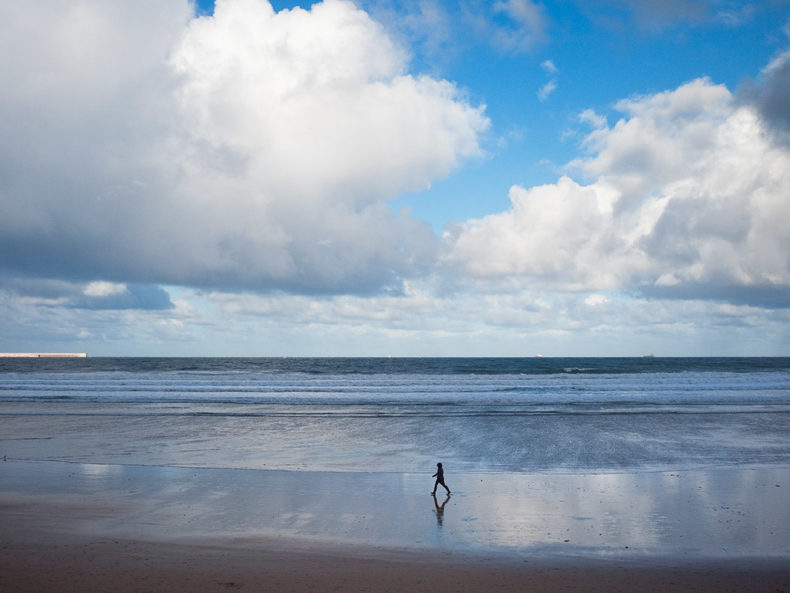This post first appeared on April 24, 2013. Unfortunately, the problem of dust on snow has not gone away. Since I wrote this post, NASA has gotten involved in studying snow on the Grand Mesa. I wrote about the NASA project for FiveThirtyEight.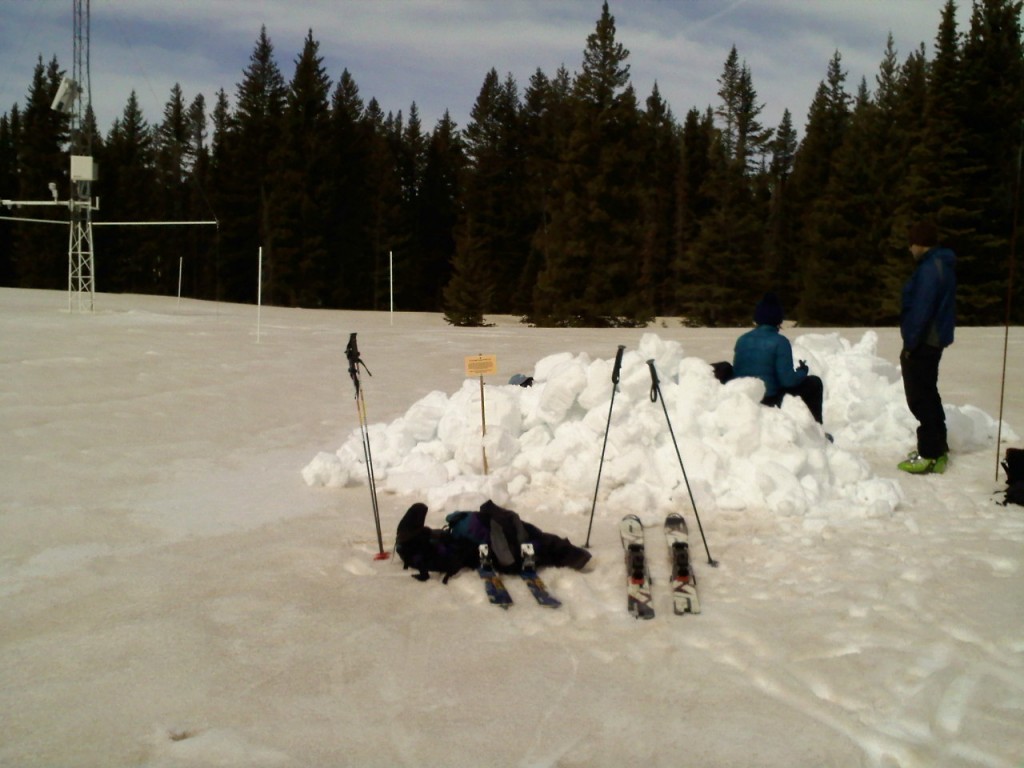
Spring is a nervous time for skiers and farmers. I’m both of these, and every April I watch the weather even more closely than usual. As a skier, I’m waiting for crust — the year’s most magnificent snow conditions.
Spring’s warm temperatures compress the winter’s deep snowpack and when the freeze/thaw cycles line up just right, a firm crust forms on the top of the snow. This crust provides an ideal surface for skate skiing. In mid-season, skaters are confined to the groomed tracks, but come crust season, you can ski anywhere and everywhere without slogging. Conditions are fast and fun. It’s skiing at its finest. Crust cruisers often find themselves spontaneously emitting sounds of glee, such as “yippeeee!” Continue reading
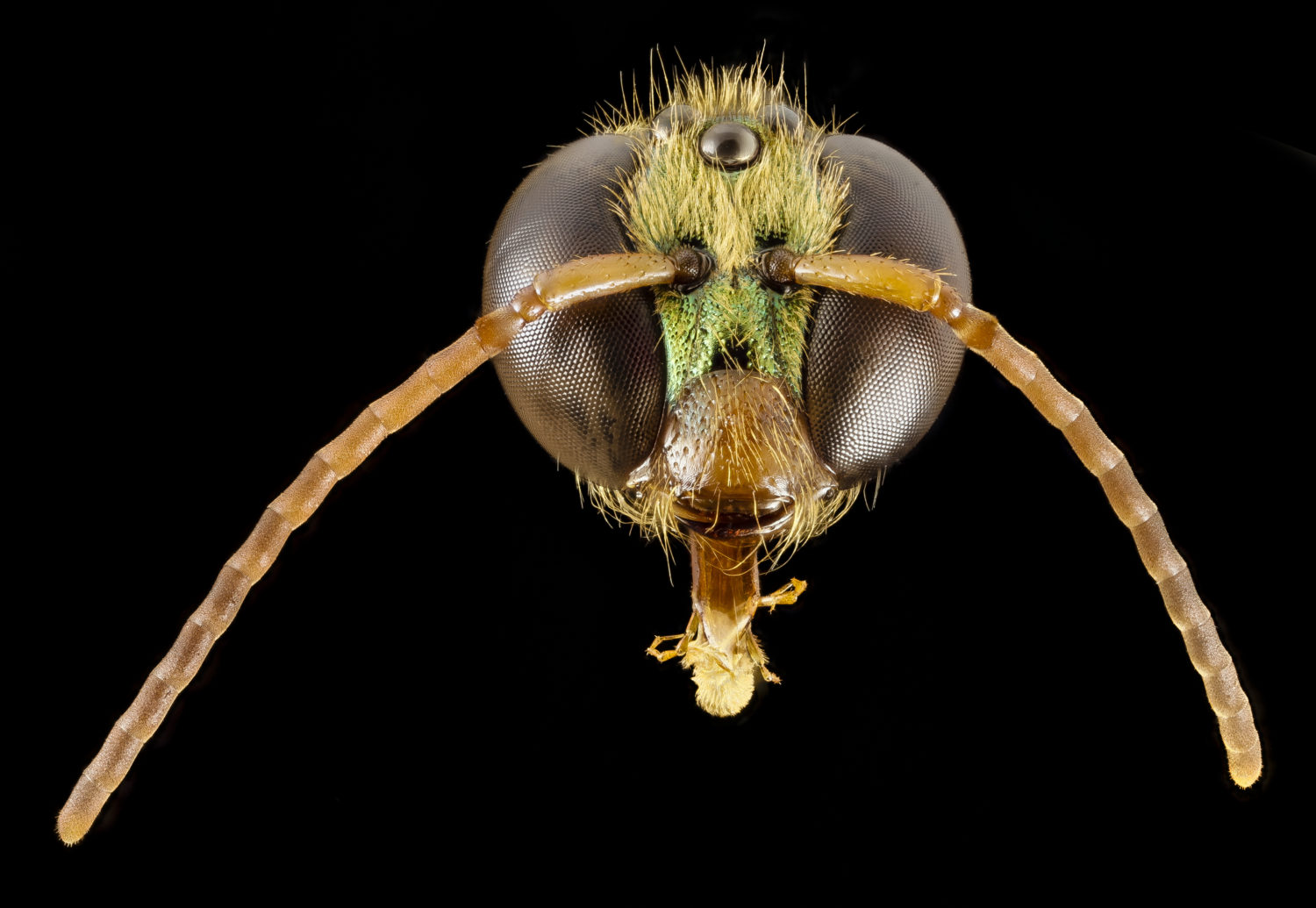
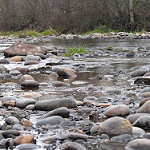


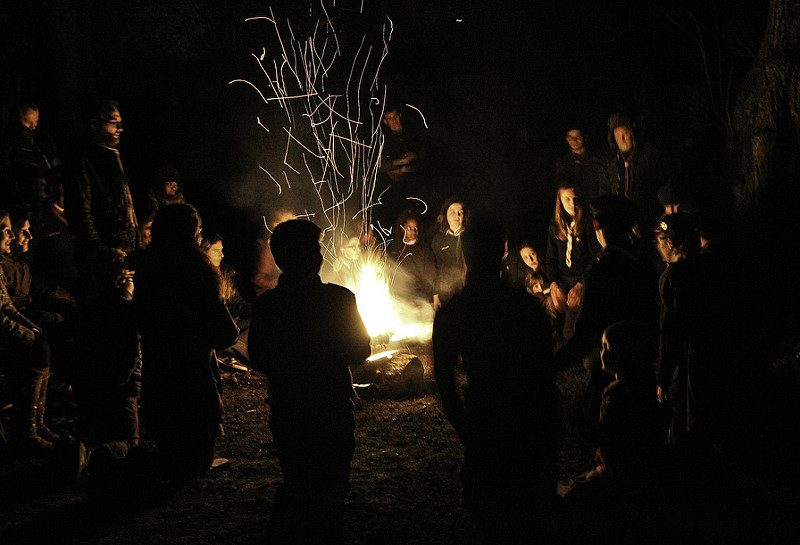
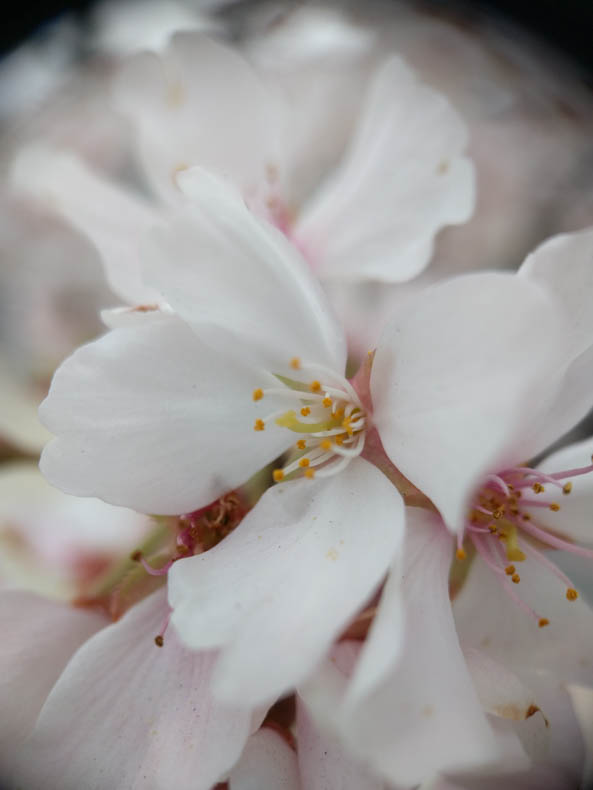
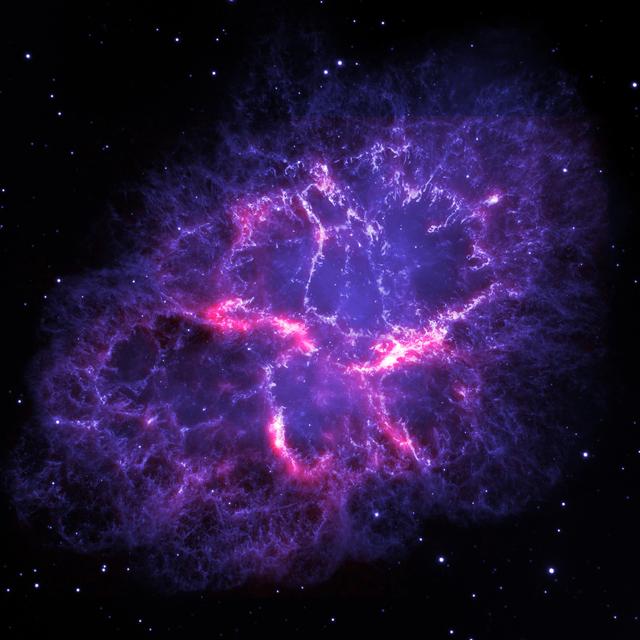
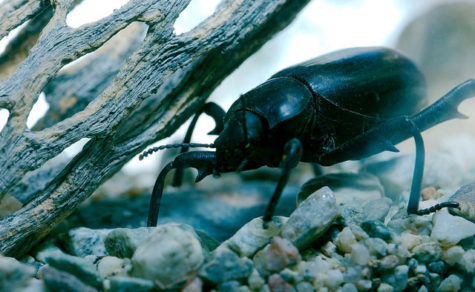 It was a standoff in my own living room. The stranger and I faced each other, both completely still. I could almost hear
It was a standoff in my own living room. The stranger and I faced each other, both completely still. I could almost hear 